How to keep safety glasses from fogging up? Every day, people like Bryce, a gun shooting enthusiast, face a common yet hazardous issue – fogged-up safety glasses. Bryce's story is not unique - as many construction workers face the same problem.
In the brief time it takes to read this article, approximately 15 workplace eye injuries will occur, necessitating medical attention. Shockingly, the Bureau of Labor Statistics (BLS) reports around 2,000 such injuries daily, contributing to a significant portion of head injuries. Among these, 10-20% can lead to temporary or permanent vision loss. Often, the reluctance to wear safety glasses, whether at the shooting range or workplace, stems from a simple yet critical problem: fogging.
Understanding how to keep safety glasses from fogging up is not just a matter of convenience; it's a crucial step in ensuring safety and clear vision in critical environments.
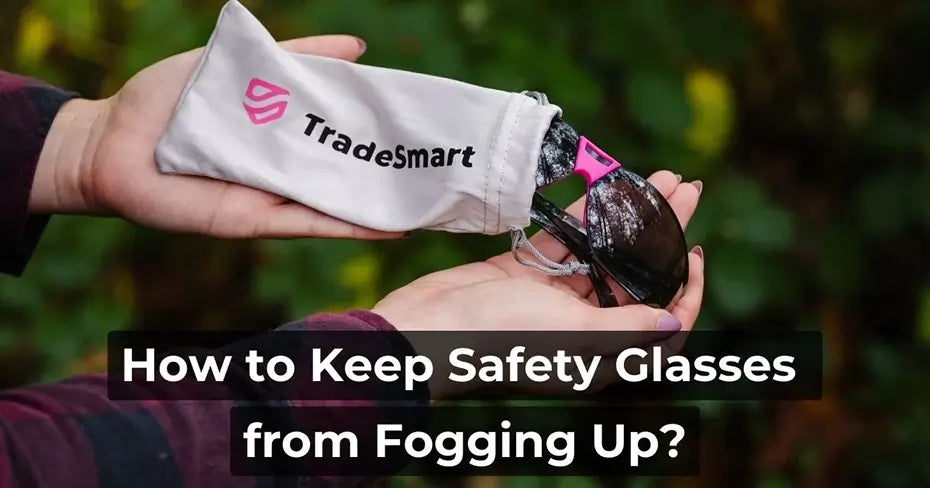
What Causes Safety Glasses to Fog Up?
This common annoyance can be more than just a minor inconvenience; it can pose a real hazard in situations where clear sight is essential.
Here are just a few examples of when the fogging of safety glasses typically occurs:
- When you're out on the range, the temperature can change from the cold, air-conditioned indoor range to the hot, humid outdoors.
- When you're working up a sweat (which is basically inevitable when you're shooting), that moisture can accumulate on the lens, causing those pesky foggy spots.
- Wearing a face mask with glasses is like a recipe for disaster!
- When your shooting safety glasses are too close to your face, the breath from your nose and mouth can get trapped in the glasses.
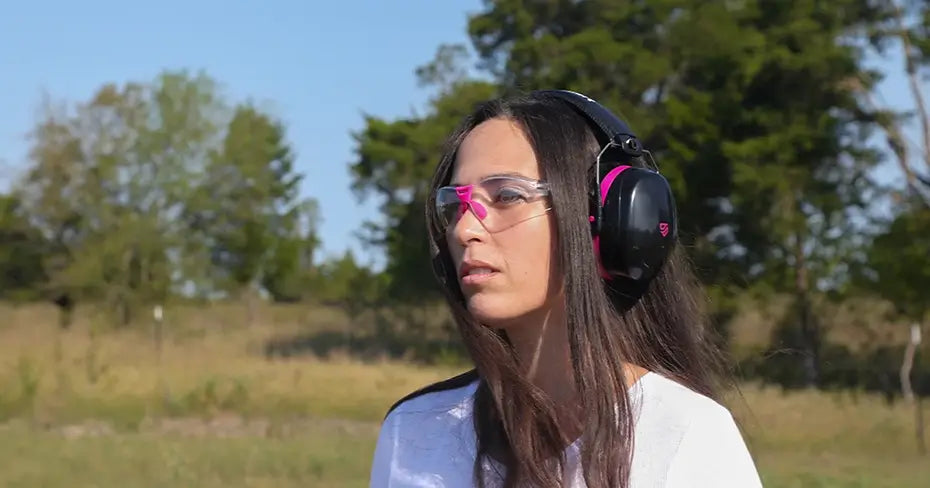
The reasons behind the fogging of safety glasses are both interesting and varied. To help you visualize and understand these causes, we've created a simple, easy-to-understand diagram.
It highlights key factors such as temperature changes, humidity levels, and the fit of your glasses, which all play a role in this foggy dilemma. Let's take a closer look at what causes your safety glasses to fog up:
 Now that the problem's root has been identified, it's time to take action and find out how to keep safety glasses from fogging up!
Now that the problem's root has been identified, it's time to take action and find out how to keep safety glasses from fogging up!
Busting the Myths
While various anti-fog solutions are available to help prevent fogging, it's important to note that not all solutions work the same. In fact, some myths surrounding safety glasses' anti-fog solutions need to be debunked.
Q: Can rubbing alcohol be used as an effective anti-fog solution for safety glasses?
A: No! It's a common misconception that rubbing alcohol is a handy solution for foggy safety glasses. While it's true that rubbing alcohol evaporates quickly and leaves no residue, it's not suitable for safety glasses.
The harsh truth is rubbing alcohol can actually damage the protective coatings on your glasses, such as anti-scratch and anti-glare layers. So, it's best to leave rubbing alcohol for other cleaning purposes and not for your safety glasses.
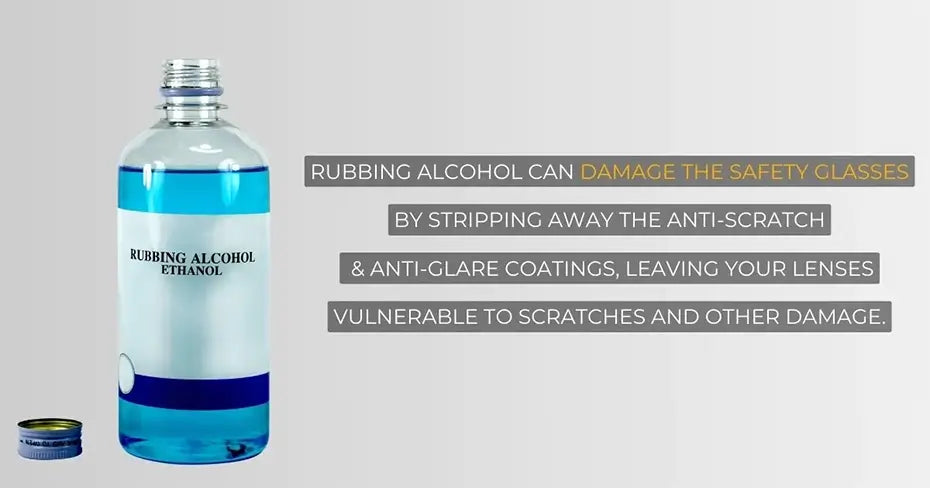
Q: Are anti-fog sprays and wipes a good solution for foggy safety glasses?
A: While anti-fog sprays and wipes might seem like a convenient quick fix, they're not always the best choice. These products often require frequent reapplication, which can be both inconvenient and time-consuming. Moreover, some of these sprays and wipes can leave a residue that attracts dirt and debris, leading to even dirtier lenses over time.
Plus, the environmental impact of disposable wipes is something to consider. So, while they may offer temporary relief, anti-fog sprays and wipes might not be the most practical long-term solution.
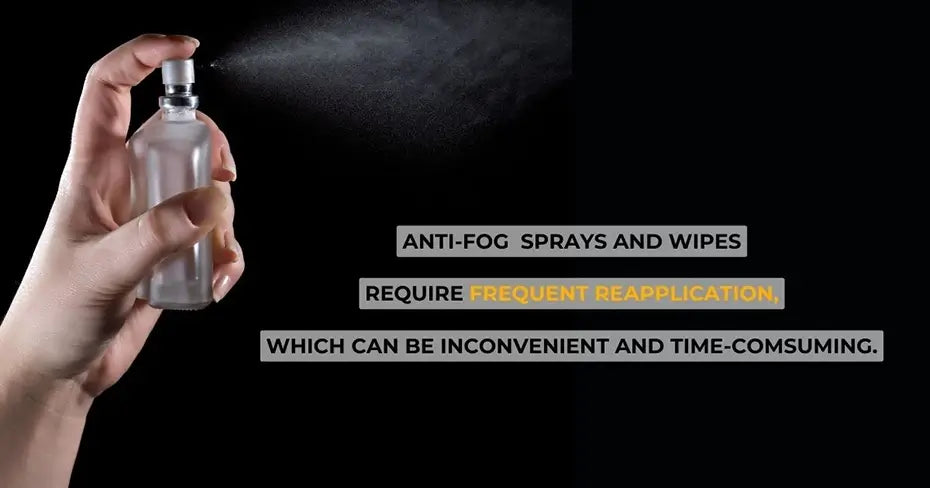
Q: Do anti-fog solutions provide a permanent fix to fogging issues?
A: It's a lovely thought that one application of an anti-fog solution could solve all our problems, but reality begs to differ. Anti-fog solutions are not a one-and-done deal; they need regular reapplication. This is especially true with frequent use or in conditions with high moisture levels. So, while helpful, these solutions are not a permanent fix and require ongoing attention.
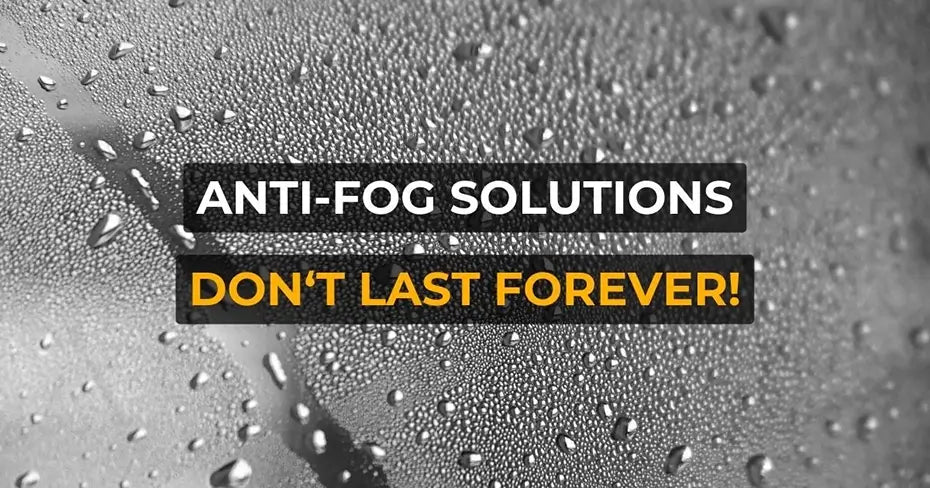
How to Keep Safety Glasses From Fogging Up- The Ultimate Solution
Suppose you're tired of constantly asking yourself, "how to keep glasses from fogging." In that case, it may be time to consider upgrading to a pair of glasses with an anti-fog coating!
You may be tempted to shell out for an expensive anti-fog spray for safety glasses, but investing in a pair of anti-fog glasses is a more cost-effective solution in the long run than constantly repurchasing anti-fog sprays or wipes.
Anti-fog safety glasses also offer superior clarity and visibility without any additional fuss. It's like having a permanent anti-fog solution baked right into your lenses.

 TradeSmart offers high-quality Z87 safety glasses in both clear and tinted lenses. You can work or shoot with clarity and confidence with an anti-fog and anti-scratch coating.
TradeSmart offers high-quality Z87 safety glasses in both clear and tinted lenses. You can work or shoot with clarity and confidence with an anti-fog and anti-scratch coating.
And let's not forget about the added UV 400 protection, ensuring your eyes are shielded from harmful rays. Best of all, with ANSI certification in the US and adherence to OSHA standards, you can rest easy knowing that your safety glasses are up to par in both safety and comfort.
At TradeSmart, we've crafted our safety kits with a focus on real-world effectiveness and user comfort. But don't just take our word for it; our customers' experiences speak volumes:
- Dennis shares his experience at the range: "The glasses stayed crystal clear. It was great not having to deal with fogging issues."
- Bryce found the combination of safety glasses and headphones to be exceptional: "They exceeded my expectations at the local gun range. The clarity and comfort were top-notch."
- Another user was charmed by the stylish design and practicality: "The pink trim adds a fun twist! The whole kit, especially the noise-canceling feature, made my target practice sessions both safe and enjoyable."
These kits are designed to blend seamlessly into different activities, whether you're at a shooting range or engaged in intensive work.
Conclusion
All in all, foggy safety glasses can be a nuisance - we've all experienced it at some point. But don't despair because now you know the truth about anti-fog solutions.
Don't bother with old-fashioned methods like rubbing alcohol, shaving cream, or even pricey sprays that only provide temporary relief. Instead, invest in safety glasses with an anti-fog coating. It is a cost-effective solution in the long run and offers reliable, long-lasting protection against fogging up.
Explore our range of anti-fog safety glasses and experience the difference for yourself. Stay safe, see clearly, and keep your focus sharp with TradeSmart's trusted solutions.
FAQ
1. How to keep safety glasses from fogging up when I sweat?
A few tips and tricks can help you keep your safety glasses from fogging up when you sweat.
Tip #1 - The most effective solution is to choose safety glasses with an anti-fog coating. This coating prevents moisture from building up on the lenses, causing them to fog.
Tip #2 - Make sure your safety glasses fit properly and are well-ventilated. This allows air to circulate and prevents moisture buildup.
Tip #3 - Consider using a sweatband or headband to absorb sweat and prevent it from reaching your glasses.
2. Will rubbing alcohol keep glasses from fogging up?
Rubbing alcohol is often touted as a DIY solution for preventing glasses from fogging up, but it's not a good solution. While rubbing alcohol can help to initially reduce fogging, it can also damage the lenses and the protective coating over time. This eventually leads to scratches and makes the glasses even more prone to fogging up.
3. Does shaving cream keep glasses from fogging?
Shaving cream is another standard DIY solution often suggested to prevent glasses from fogging. While it may work in a pinch, it's not a good long-term solution.

Shaving cream is not designed for use on glasses. It can leave residue on the lenses, affecting your vision and potentially damaging the protective coating. It's also important to note that shaving cream is not an anti-fog solution. It may only provide temporary relief before your glasses start fogging up again.
4. Can I put my glasses in soapy water?
Putting your glasses in soapy water is not recommended as it can damage the anti-scratch coating on the lenses. Soapy water may leave behind residue that can create streaks on the lens surface and reduce the clarity of the lens. Additionally, it may not be effective in preventing fogging as the soap residue can attract moisture, causing further fogging.


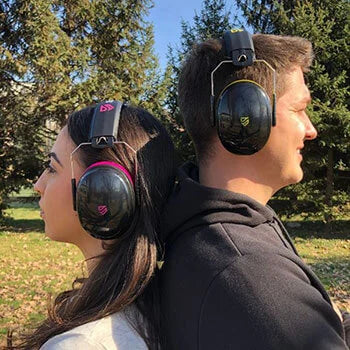


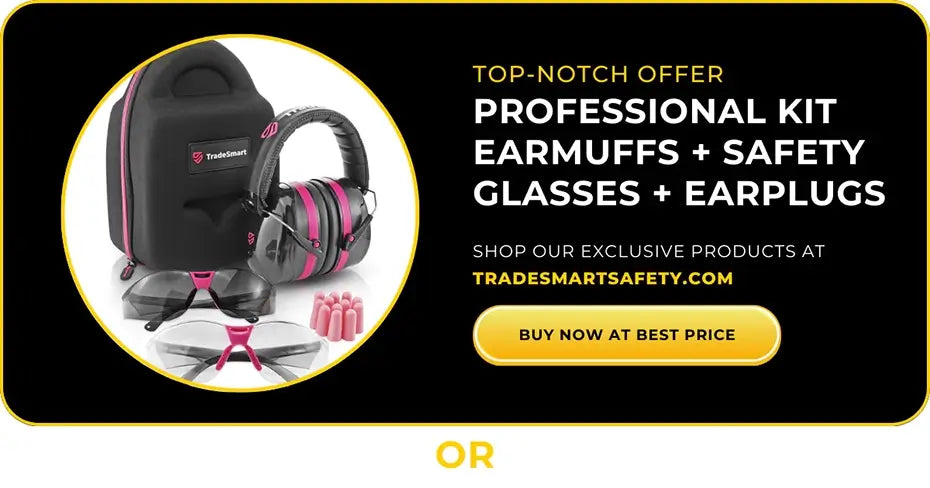


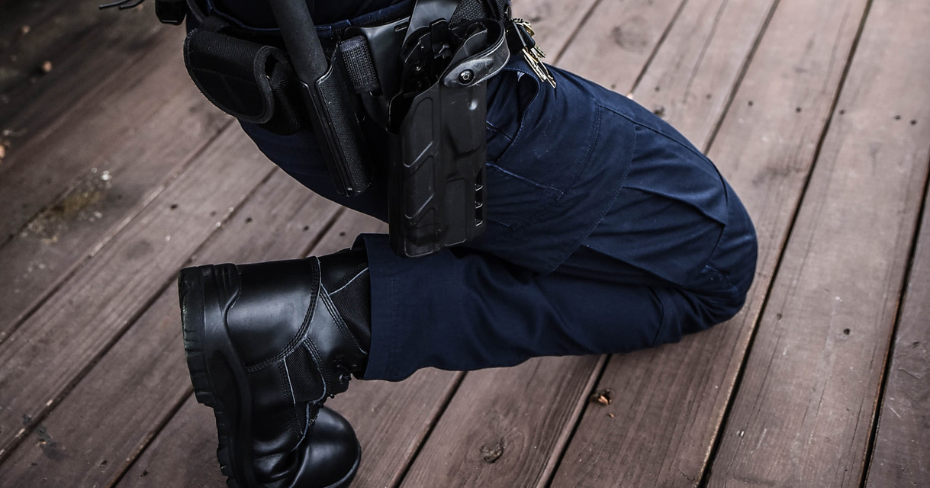

Leave a comment (all fields required)